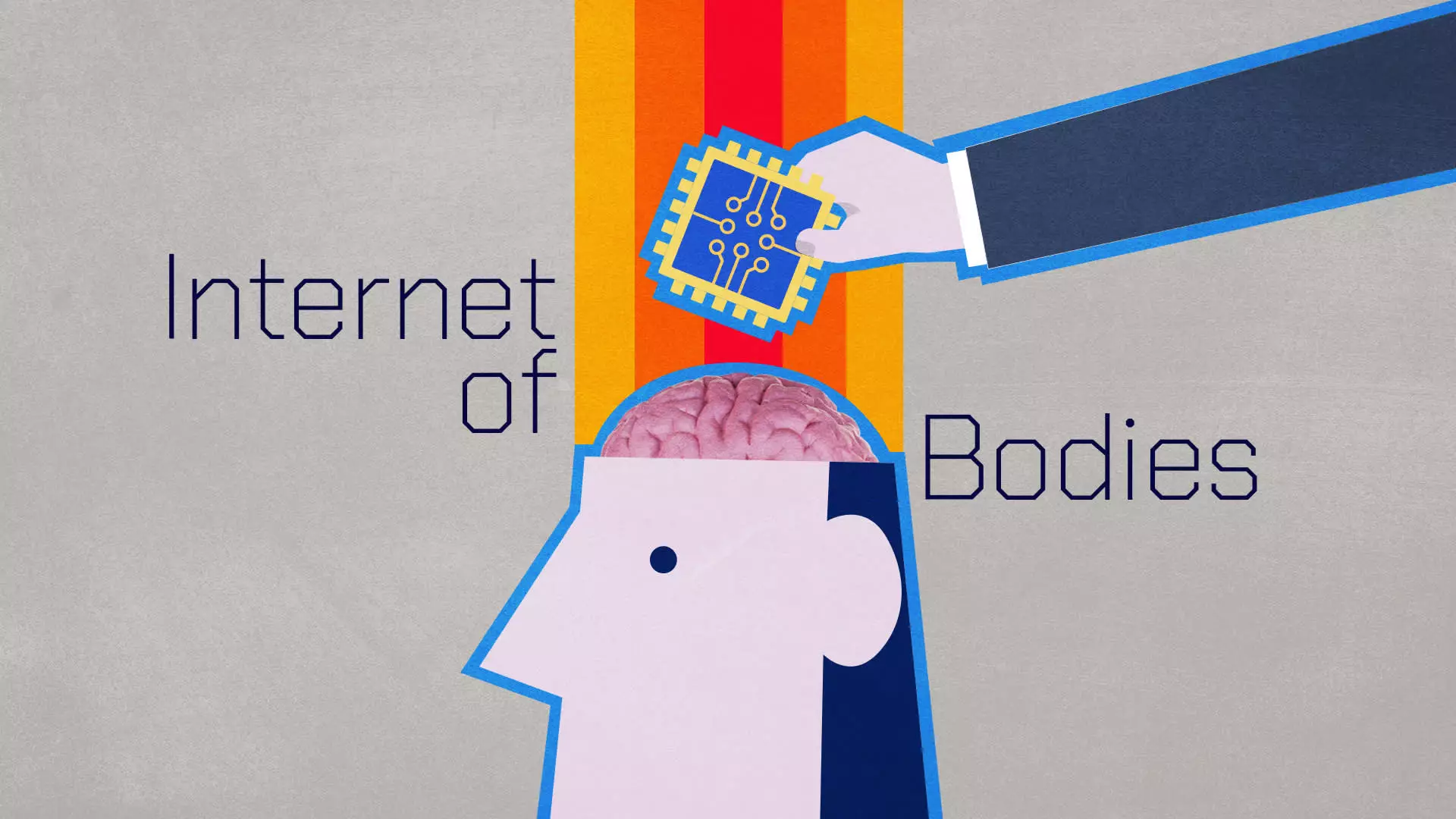The concept of the “Internet of Bodies” (IOB) is rapidly evolving, bridging the gap between technological devices and the human body. According to academic and author Andrea M. Matwyshyn, the IOB refers to a network of human bodies that rely on internet and related technologies for their integrity and functionality. As we move forward, the integration of these technologies is becoming more seamless and sophisticated.
Matwyshyn categorized IOB devices into three distinct generations based on their level of integration. The first generation includes external devices like smartwatches and smart glasses, which have already become mainstream tools for tracking health metrics. The second generation consists of internal devices such as pacemakers with digital implants, smart prosthetics, and even ingestible digital pills. These devices are revolutionizing the way medical data is collected and transmitted.
Merging Technology with the Body
The most advanced category, the third generation, involves devices that seamlessly merge with the human body while maintaining a real-time connection to external machines and the internet. Companies like Neuralink, founded by Elon Musk, are pushing the boundaries of IOB with innovations like brain-computer interfaces. The development of technologies like “the Link,” a coin-sized chip implanted under the skull, is paving the way for controlling external machines using brain signals.
While the potential benefits of IOB in healthcare are immense, there are also significant privacy and ethical concerns surrounding these technologies. As the line between human flesh and technology blurs, questions about data security, user consent, and societal norms arise. Matwyshyn and other critics emphasize the importance of addressing these issues to ensure that IOB advancements are implemented responsibly and ethically.
The Internet of Bodies represents a groundbreaking fusion of technology and human biology. With the rapid development of IOB devices across various categories, the future holds limitless possibilities for enhancing healthcare and improving quality of life. However, navigating the complex landscape of privacy and ethics will be crucial in shaping the responsible evolution of these transformative technologies.


Leave a Reply